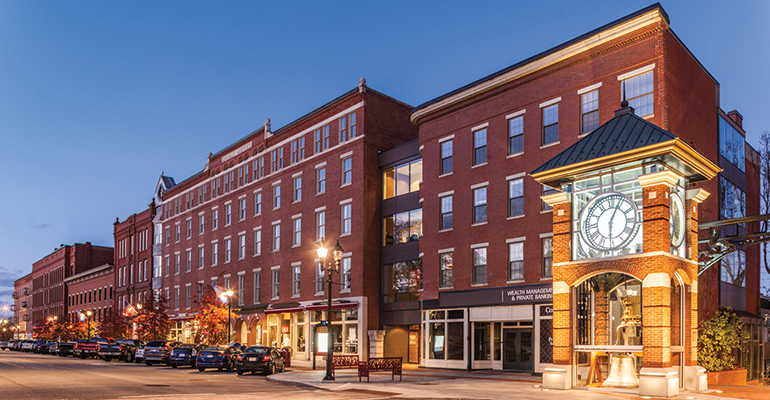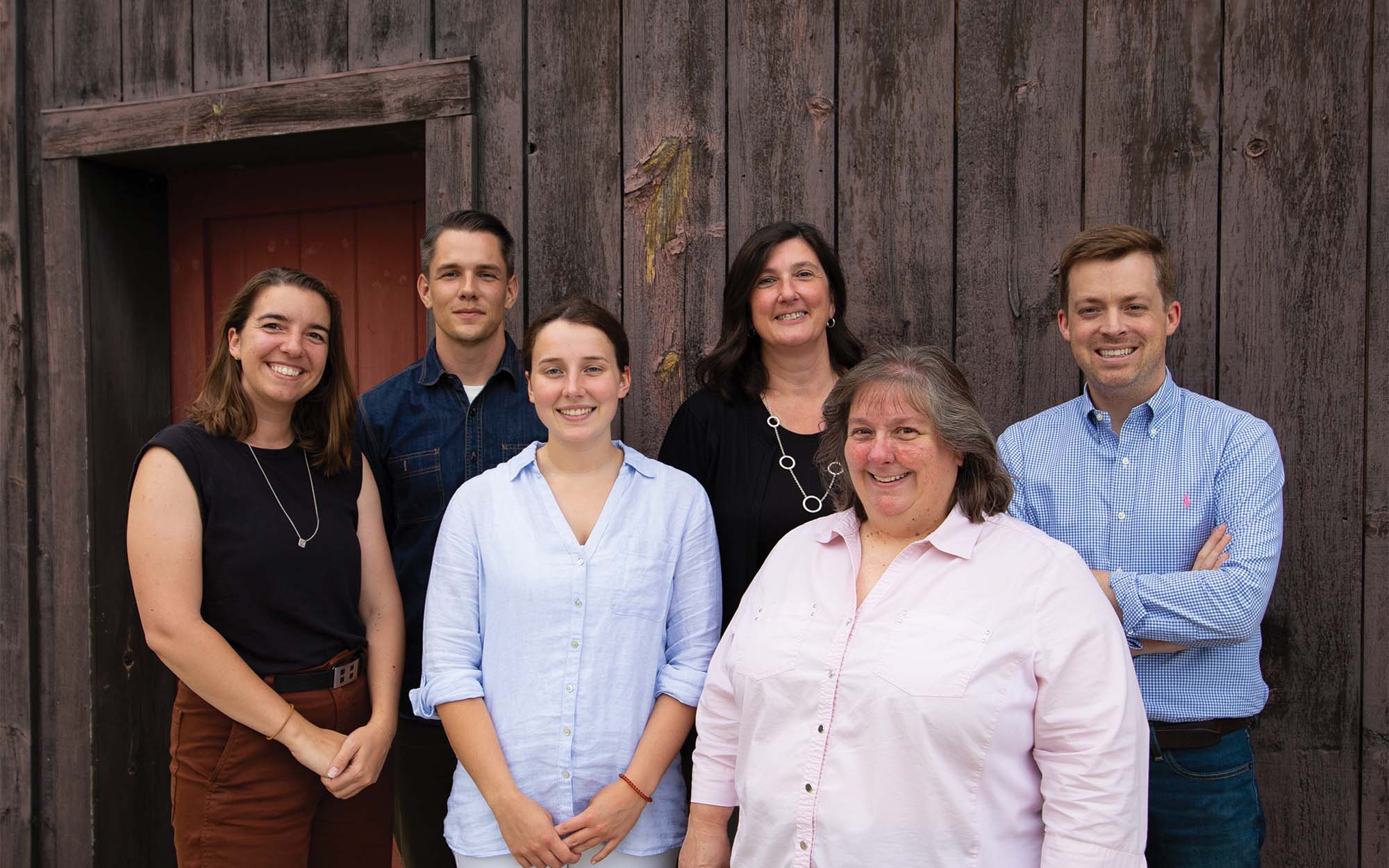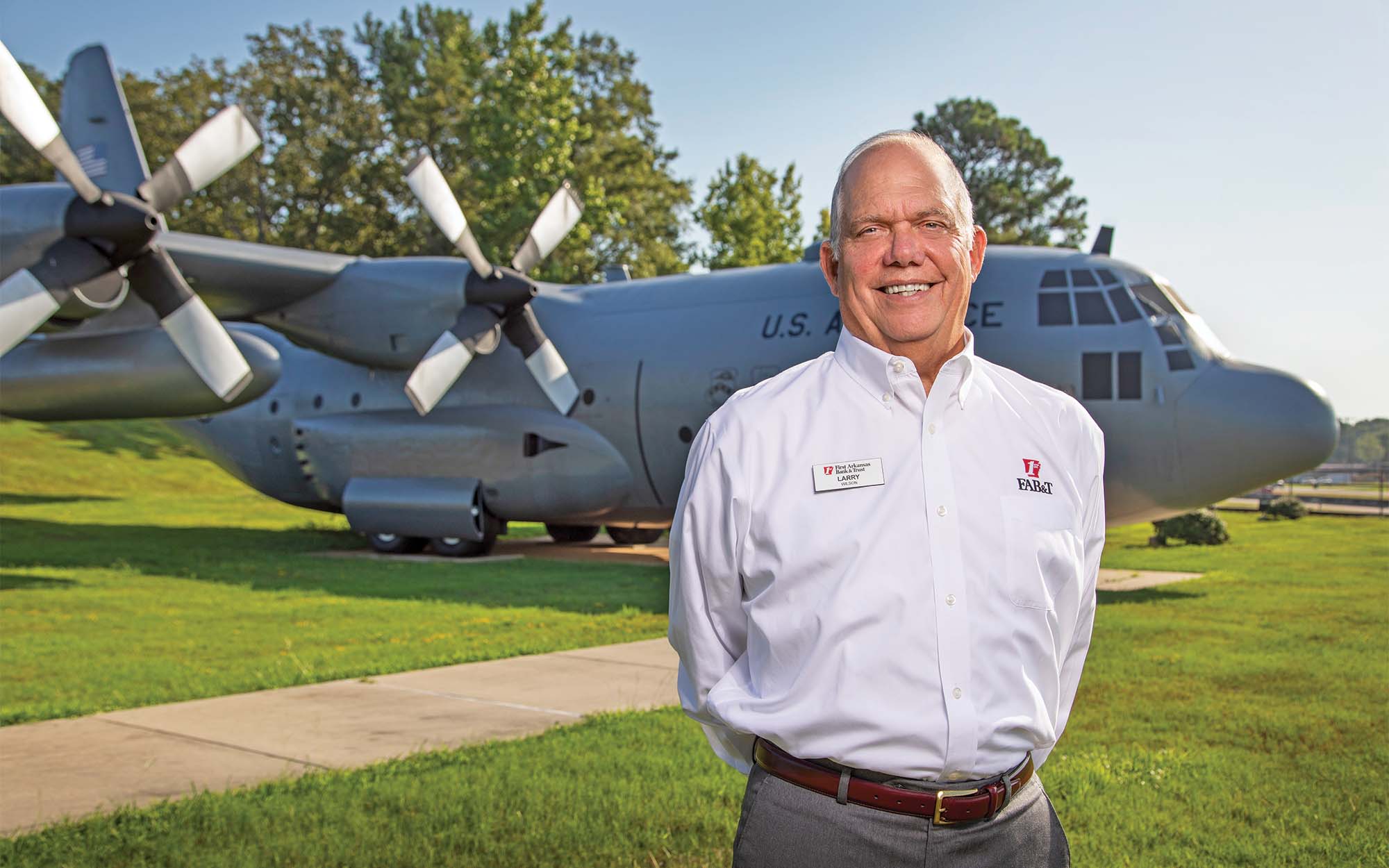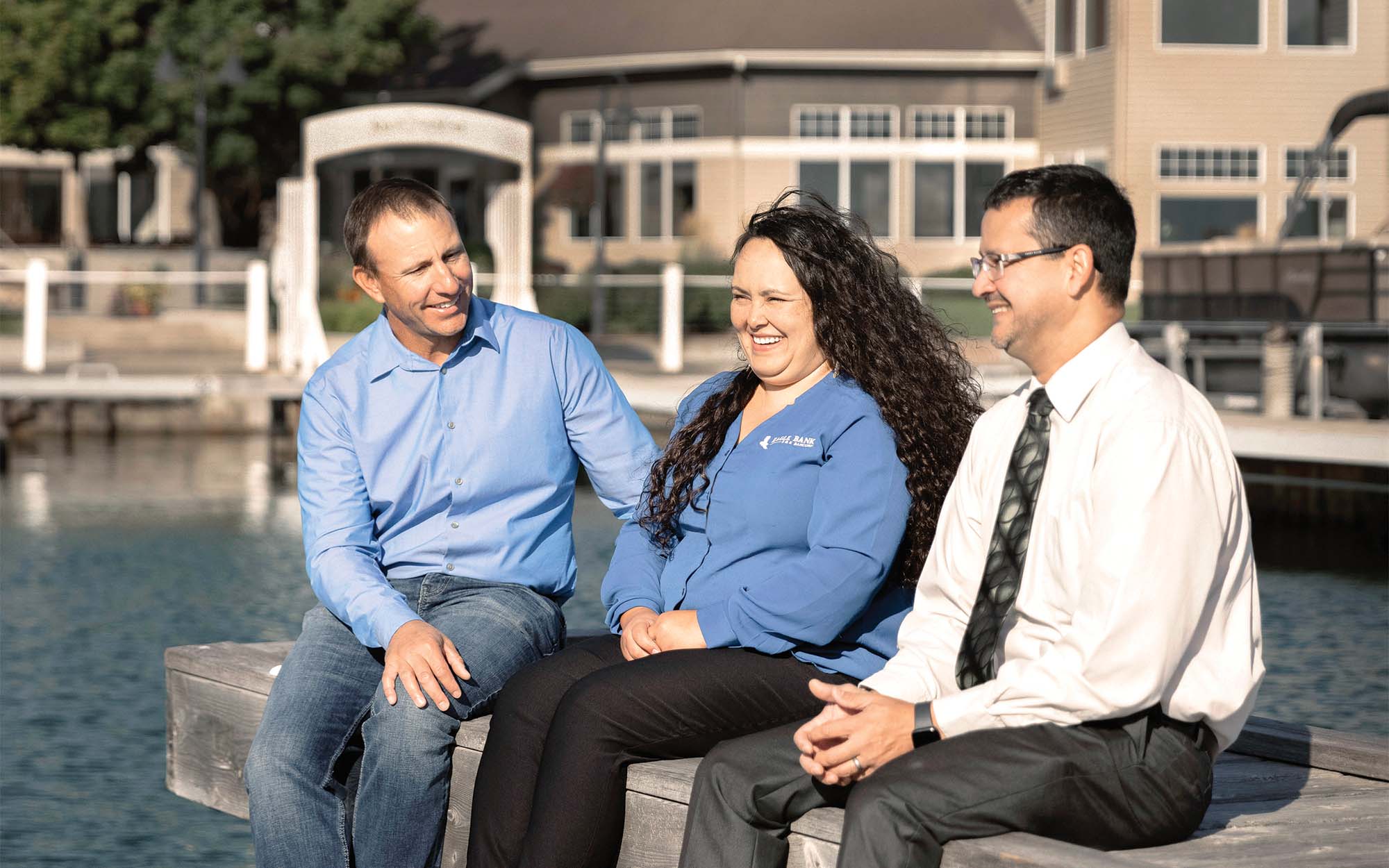Name:
Walden Mutual
Location:
Concord, N.H.
If it opens its doors as planned in January 2022, Walden Mutual Bank will be the first new mutual bank charter in New Hampshire in a century and the country’s first new mutual charter in five decades.
The planned de novo in Concord, N.H., submitted its application to the FDIC at the end of August with the intent to serve New England’s local and sustainable food community with a bank owned by its depositors.
Cooperative structures are commonplace in agriculture, so Walden Mutual’s designation is an advantage in the effort to create not just a new bank, but a new kind of bank, says CEO Charley Cummings.
“We are all a group of Davids fighting Goliaths,” he says. “Farmers are naturally skeptical, and they are not served well by a number of [big] companies … There is a comfort in the cooperative business model.”
Historically, he adds, mutual banks have better promoted safety than traditional banks, failing at half the rate of nonmutual banks in every financial crisis. Such banks also used to be more common. In 1914, according to Walden Mutual, almost 80% of deposits in New England were through mutual banks. “It is time to reinvent the mutual model,” Cummings says.
Fresh perspective
Although Cummings himself is new to the banking industry, he understands the community he plans to serve. The native New Englander has worked in management consulting and composting and lives on a farm with his wife, kids, chickens and sheep. He founded Walden Local, a producer of sustainable meat in New York and New England with a vertically integrated e-commerce component, and cofounded a nonprofit advocacy organization in favor of the country’s first offshore wind farm.
He’ll couple this experience with Walden Mutual’s board of directors, who have 150 years of banking experience between them. One board member was senior vice president of operations and chief risk officer of another mutual company, and another was chief financial officer who went through the de novo process at another New Hampshire bank, which eventually became a $900 million bank. “It is rare to have that level of experience,” Cummings says.
Walden Mutual will use that experience, plus Cummings’ fresh perspective, to embrace a technology-forward approach. In the past, megabanks had a technology advantage over smaller banks, Cummings says, but by taking advantage of third-party applications and core updates, those benefits are accessible to startups and smaller banks.
About 75% of consumers use online banking, he says, and two-thirds have adopted mobile deposits. Those segments are increasing, and he feels those consumers are potential Walden Mutual customers. While Walden Mutual will have one physical branch in Concord, the bank will not take cash deposits or make withdrawals; all transactions will be made online.
“People do not realize that where your money sleeps at night is more impactful than where you buy your T-shirt.”—Charley Cummings, Walden Mutual
Building a bank brand with impact
Cummings says Walden Mutual’s mission is to support New England’s emergence as a leader in sustainable and local food. Depositor-owners’ funds will be used to make loans to sustainable agriculture and food service industries in New England and New York. Even its flagship branch will be food-themed: The Concord location will feature art and displays about local and sustainable food.

Charley Cummings is CEO of Walden Mutual. Photo: Joe St. Pierre
Interest in sustainable businesses and ways to support them are not new for Cummings, the bank staff, the board or their community. The pandemic underscored the public’s awareness of food supply and shortages, and Cummings believes this grew interest in sustainable food supply and a banking system that supports it.
It bothers Cummings that, according to a 2019 study by Cornerstone Advisors, 44% of millennials bank with one of the three biggest banks. He says millennials apply “pretty rigorous standards from a value perspective” to food, clothing, cosmetics and nearly every part of their spending—except for financial services.
“People do not realize that where your money sleeps at night is more impactful than where you buy your T-shirt,” Cummings says. “That money is not just sitting there; it is being utilized. I don’t see a bank brand in the market today that represents the same values that you see in many other consumer categories.”
What he calls “impact investment” is a $17 trillion-asset class, according to Cummings. “Impact is meaningful when it is local, tangible and specific,” he says.
“There are more beginning farmers [in New England] than anywhere else in the country.”—Charley Cummings, Walden Mutual
Setting down roots
The New England region is the right fit for Walden Mutual, not just because that’s the community Cummings and his team live in and care about, but because that’s the area of the country where the number of farms is increasing and the average age of farmers is decreasing. “There are more beginning farmers here than anywhere else in the country,” he says.

Walden Mutual’s one branch will be in Concord, N.H. Photo by Walter Bibikow / Getty Images
Even Walden Mutual’s logo, which includes birch trees, echoes the founders’ desire to create something both connected to the past and ready for the future, as well as its roots in agriculture.
“The New Hampshire state tree, white birch, [is] known as the ‘pioneer species’ due to [its] ability to grow where other trees cannot,” Cummings writes on the community bank’s blog. “Its distinctive white bark can light a fire even if soaking wet, and Ojibwe folklore held that birch trees were immune to lightning strikes. In Celtic lore, birch trees carried ancient wisdom but appeared forever young … a perfect metaphor for rejuvenating an age-old concept.”






